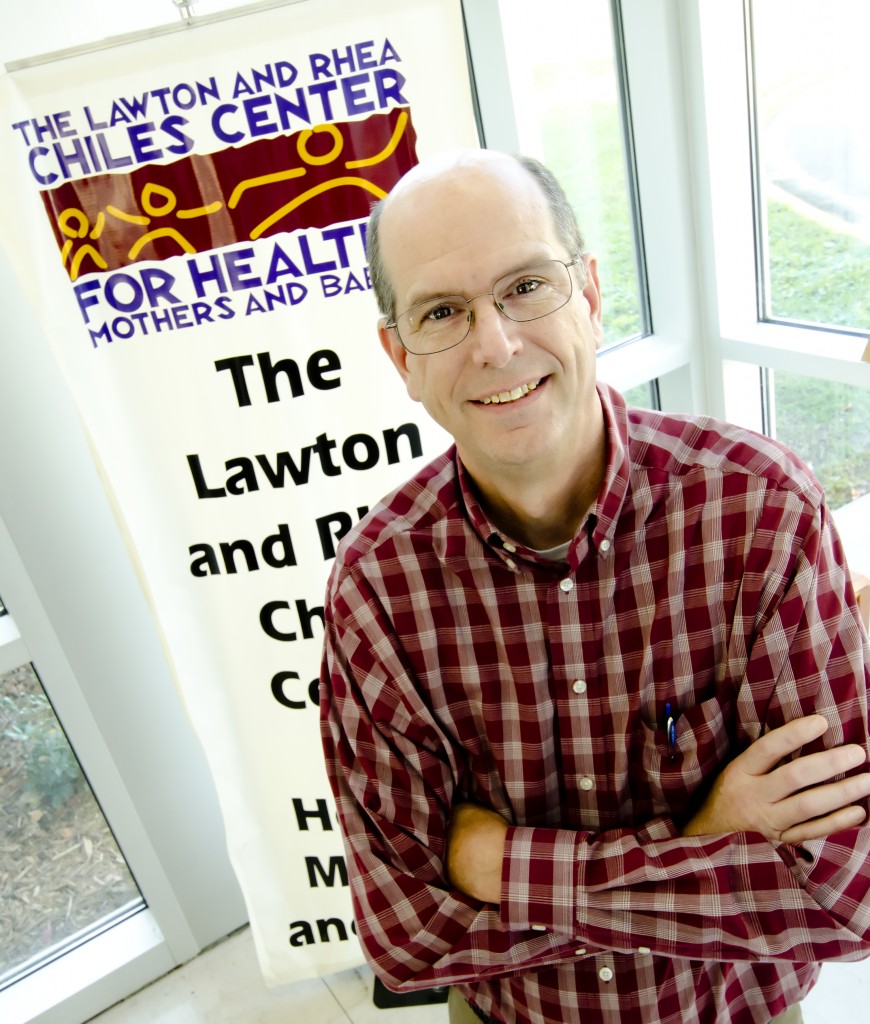Florida Ranks Low for Premature Births
The state got a D grade, though Polk was better
The March of Dimes’ latest report card on premature births gives Florida a D once again, saying 13.6 percent of babies born in the state in 2013 were born prematurely at less than 37 weeks gestation.
That’s barely a ripple of change from Florida’s 2012 rate of 13.7 percent, for which the state also got a D.
Florida’s rate is among the worst in the nation. Alabama, Louisiana, Mississippi, Puerto Rico and South Carolina are the only ones doing worse.
Florida records its premature births on a three-year rolling scale, and showed 13.9 percent of births statewide were premature in 2011-13.
Polk County did better than the Florida average, with 12.6 percent of its births premature in 2011-13, according to the Florida Department of Health. Polk was at 12.7 percent in the previous three-year cycle.
The highest rate statewide was 17.8 percent for Miami-Dade.
The United States as a whole gets a C. Its 11.4 percent of births being premature in 2013 was a miniscule reduction from 11.5 percent in 2012.
“We definitely need to redouble our efforts,” said Dr. Karen Harris, an obstetrician-gynecologist and chairman of the Florida chapter’s program services committee.
“I’d like to target the public and the doctors to get women on health care before they get pregnant.”
With 27 percent of women in Florida uninsured, they’re less likely to meet with a doctor before getting pregnant, said Harris, who practices with North Florida Women’s Physicians.
Many don’t realize obesity increases their risk of high blood pressure during pregnancy and of having a C-section, she said.
Women who have had one preterm delivery can be given progesterone to reduce the likelihood of them having another, said the University of South Florida’s Dr. Bill Sappenfield, who directs the Lawton and Rhea Chiles Center for Healthy Mothers and Babies.
He also is chairman of the Community and Family Health Department at the USF College of Public Health.
Extra care for women most at risk, getting women into health care earlier and discouraging doctors from doing elective early deliveries without medical justification are among the approaches needed to reduce the high rate of prematurity, he said, calling it “a medically and socially complex condition.”
Read the full story at The Ledger

